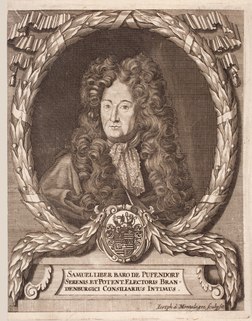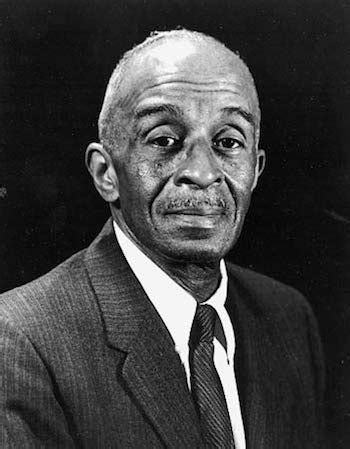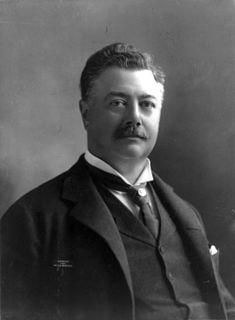Цитата Рейнхольда Нибура
Главный источник бесчеловечности человека по отношению к человеку, по-видимому, заключается в племенных пределах его чувства долга перед другими людьми.
Связанные цитаты
Человек не просто человек, а человек среди людей, в мире людей. Умение быть мужчиной больше связано со способностью мужчины добиваться успеха с мужчинами и в группе мужчин, чем с отношением мужчины к любой женщине или любой группе женщин. Когда кто-то говорит мужчине быть мужчиной, они говорят ему быть больше похожим на других мужчин, больше на большинство мужчин и, в идеале, больше на мужчин, которых другие мужчины уважают.
Единственный способ, с помощью которого можно сделать терпимой бесчеловечность человека по отношению к человеку и разрушение человеком своего собственного окружения, — это продемонстрировать в своей собственной жизни человечность человека по отношению к человеку и благоговение человека перед местом, в котором он живет.
Первое право на земле — это право эго. Первый долг человека перед самим собой. Его нравственный закон состоит в том, чтобы никогда не ставить своей главной целью личность другого. Его моральный долг состоит в том, чтобы делать то, что он хочет, при условии, что его желание не зависит прежде всего от других людей.
Она знала, что нелегко будет подчиниться его скупости, или глупости его преждевременного старения, или его маниакальному чувству порядка, или его рвению за все и ничего не давать взамен, но, несмотря на все это, , ни один мужчина не был лучшей компанией, потому что ни один мужчина в мире так не нуждался в любви.






































